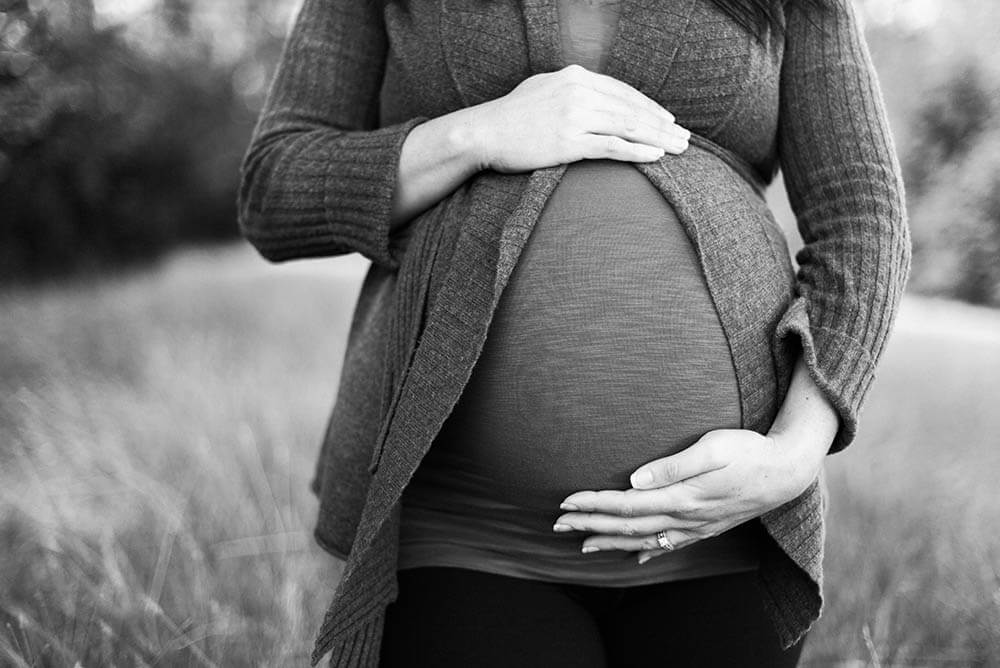
Discriminating against someone on the basis of pregnancy is strictly forbidden under the law. The U.S. Pregnancy Discrimination Act, which is an amendment to the landmark 1964 Civil Rights Act, outlaws the practice of discriminating against a person “on the basis of pregnancy, childbirth or related medical conditions.”
Yet despite the law, pregnancy discrimination remains all too common. Though workers are legally protected from being fired, demoted or denied opportunities in the workplace as the result of pregnancy, these standards are often violated — leaving the worker in question with no fair recourse other than legal action.
To help better illustrate this issue, let’s take a closer look at the basics of pregnancy discrimination, and what those affected can do about it.
Pregnancy discrimination 101
Federal law sets a standard for the workplace treatment of those affected by pregnancy and its related conditions. As mentioned, workers may not be fired, demoted or denied a promotion as the result of pregnancy. This protection also extends to prospective workers. Employers may not ask pregnant applicants questions that wouldn’t be posed to those who aren’t pregnant.
Pregnant employees must also not be denied standard benefits (including health insurance, retirement accounts, disability benefits etc.) given to other workers.
Federal law allows some pregnant workers to take 12 weeks of unpaid leave to deal with qualified family and medical situations (state and local laws may also mandate additional or paid time off). Failure to grant this leave is illegal, though some employers and employees are exempt from the law’s requirements based on factors such as company size or length of time worked.
Should a worker become unable to perform normal duties as the result of pregnancy or a related condition, federal law stipulates that she be treated the same as any disabled worker. Failure to arrange alternative or light duties, issue time off or grant disability leave can be considered discriminatory behavior.
Other common acts of pregnancy-related discrimination include:
- Failure to keep a job open during a pregnancy-related absence (all jobs must be kept open as long as they would be for those on disability leave)
- Discrimination based on the termination of a pregnancy
- Discrimination based on a pregnancy that may occur
- Ordering a pregnant employee to stop working even if physically capable
- Failure to allow for the accrual of seniority, vacation time, pay increases and other benefits during pregnancy-related absences
Anyone who has experienced treatment of the sort described above should contact an attorney to determine if that treatment rises to the level of actionable pregnancy discrimination litigation.
Finding the right legal partner
Pregnancy discrimination often results in complex litigation, as discriminatory behavior can often be subtle rather than overt. Finding a legal advocate who specializes in these kinds of cases is critically important.
Brickley Law has the experience to litigate the toughest discrimination cases — and an unwavering commitment to great client service. If you’ve been the victim of pregnancy discrimination, we urge you to call us today.